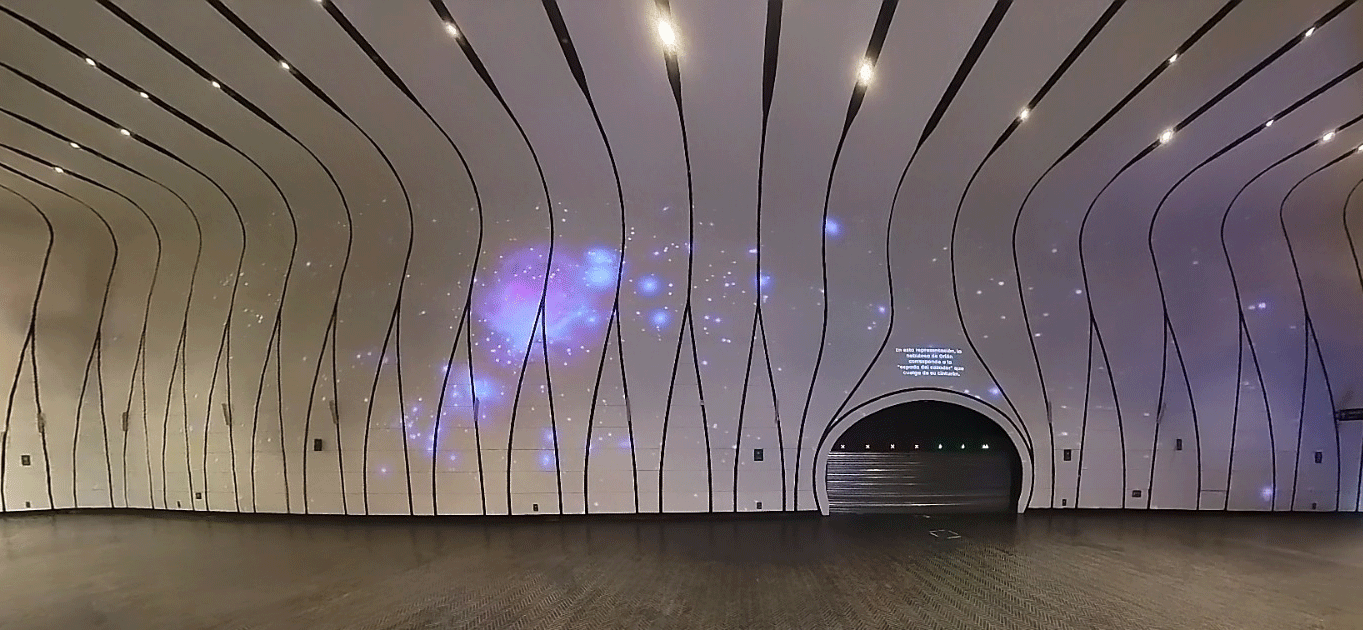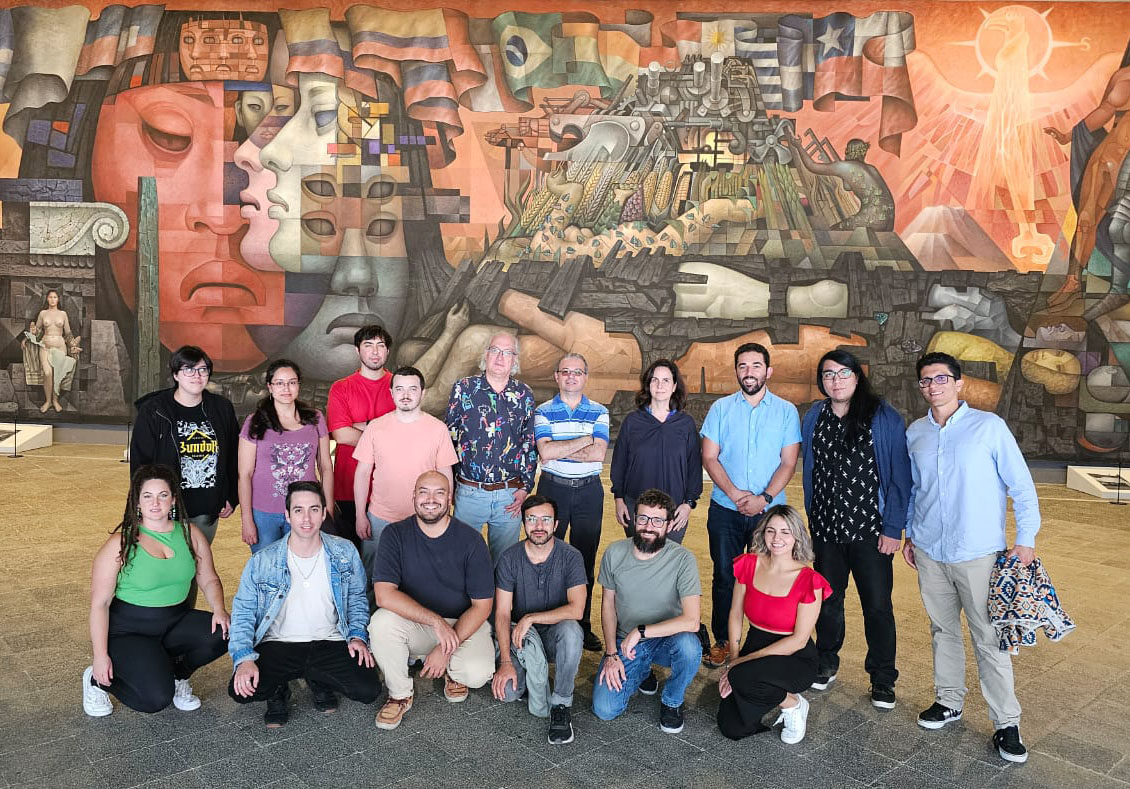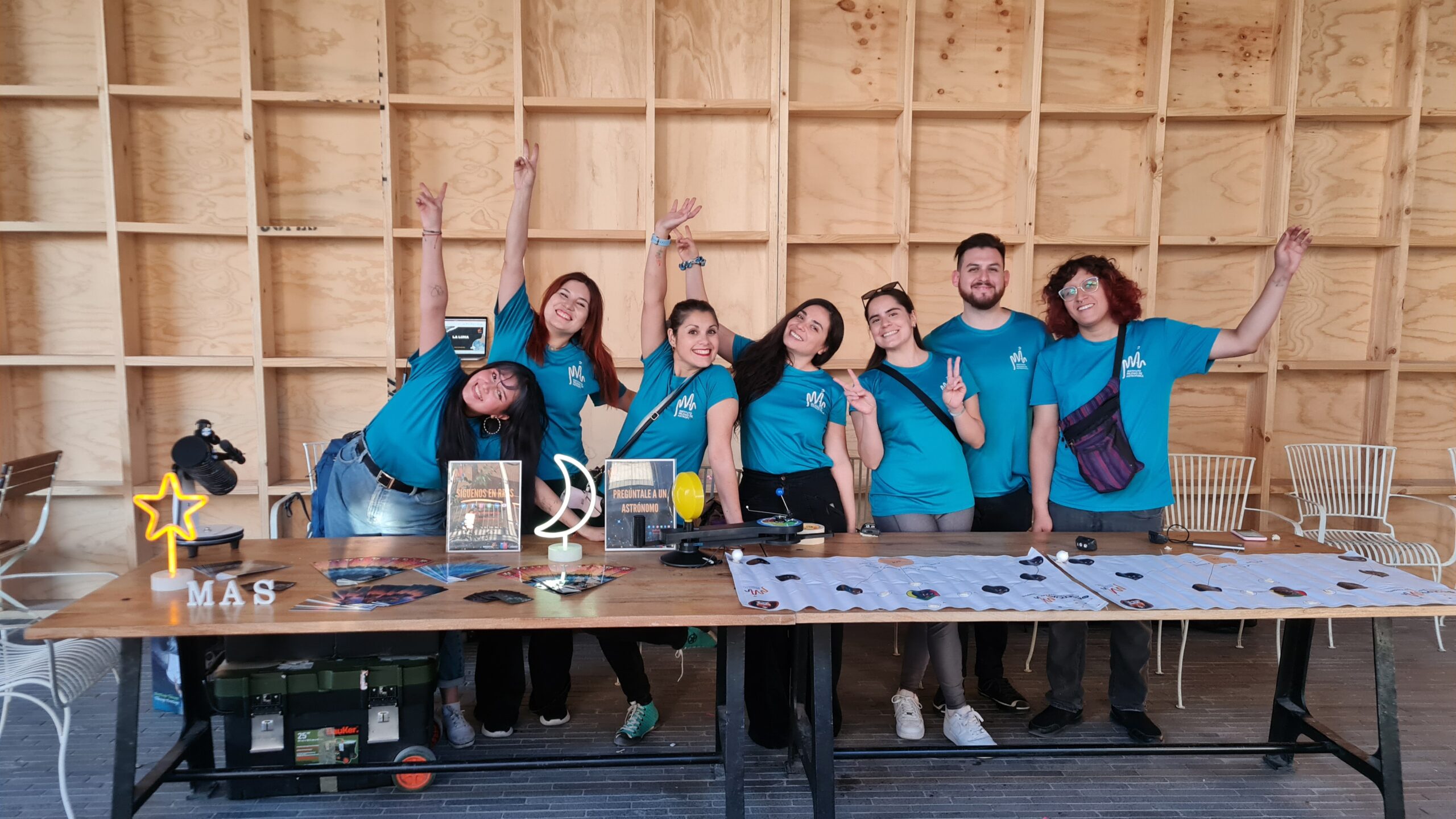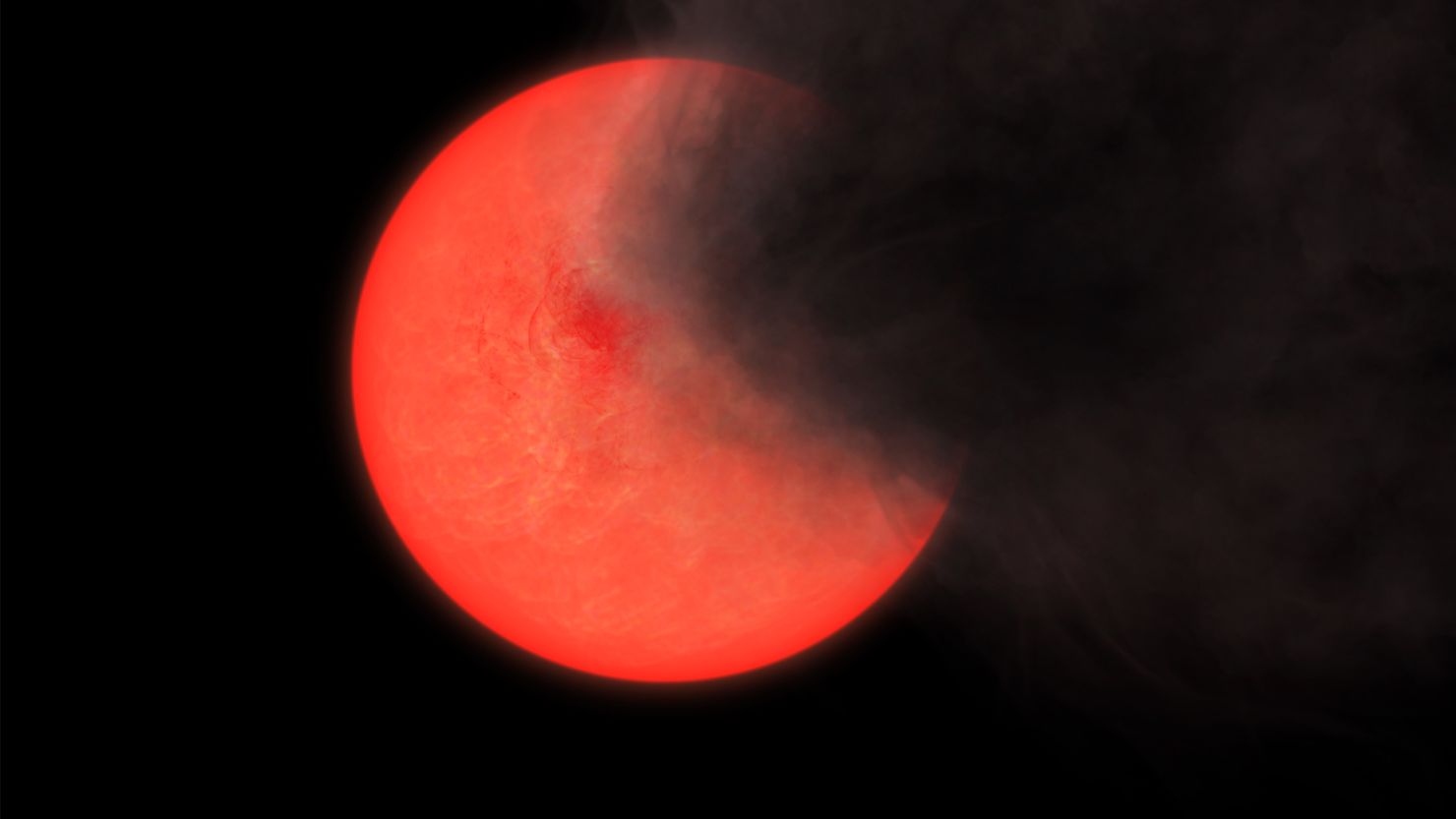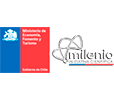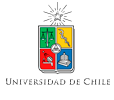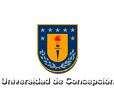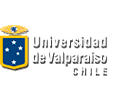[:en]
Like in 2015, this year our country will join, with a long list of activities, the international celebration of the Asteroid Day. The idea is to raise awareness about the potential danger of an asteroid striking The Earth again.
 With activities throughout Chile, this Thursday 30th we will celebrate for a second year in a row the Asteroid Day, an international festivity that seeks to remember the asteroid collision in Tunguska, Russia in 1908 and in this way to raise awareness about the potential danger of another asteroid striking The Earth.
With activities throughout Chile, this Thursday 30th we will celebrate for a second year in a row the Asteroid Day, an international festivity that seeks to remember the asteroid collision in Tunguska, Russia in 1908 and in this way to raise awareness about the potential danger of another asteroid striking The Earth.
Alejandro Clocchiatti, astronomer of UC’s Institute of Astrophysics and of the Millennium Institute of Astrophysics, is the one leading this event’s organization and he explains the significance of keeping ourselves in alert. “It’s a statistical phenomenon, it has happen before and it will happen again in the future. However, this is an issue that we can detect beforehand. Unlike volcanoes, earthquakes or hurricanes that we cannot predict when these are going to happen, asteroids move in orbits that can be determined with accuracy, so we can predict if one of them will strike us.”
And as we’re raising awareness, during this June 30th everyone can enjoy activities such as public screenings of the movie 51 Degrees North, directed by Grigorij Richters and which music arrangements were in charge of guitarist and astrophysicists Brian May, this project was the one that initiated everything to celebrate this day and which gathers scientists, artists, writers, film makers and people from around the world.
Plus, in our country, specialists in astronomy and geology will give talks in our country, workshops for students and more. Amongst the almost 20 activities, it is outstanding what’s going to happen in Peine, specially in Monturaqui Crater, the biggest meteorite crater in Chile and one of the few confirmed collisions in South America. In this place, the community of Peine will gather, led by researcher Millarca Valenzuela, to stand for the significance of preserving this geological site and fighting against possible damages.
Another important event will take place at the Universidad de Santiago’s Planetarium and it will include an asteroid experts’ panel of discussion and, most importantly, we’ll celebrate the award ceremony for the Asteroid Day’s Short Stories Contest, which congregated more than 150 participants from primary and secondary school from different parts of Chile. Winners of the two categories will receive their prizes and we will finally know their short stories. For its part, Dante Minniti, MAS Deputy Director, will give a master lecture at the Aznar Auditorium at UNAB’s Casona Las Condes Campus and he will discuss with the public about asteroids’ main characteristics and the relevance of discover them.
“There’s about a million of asteroids and we have found and calculate the orbit of about 10,000 (just 1%.) We need to multiply this number times 100!” says Alejandro Clocchiatti. He’s sure about the need to invest in research so we can be prepare for an event of this kind: “That’s where the importance of joining to this event lies, it affects us all equally.”
Santiago, Antofagasta, Concepción y Valdivia are the cities participating in this celebration and if you want to learn more about the activities and registration, you can go to: http://diaasteroide.wix.com/concurso2016
[:es]
Al igual que el 2015, este año nuestro país se unirá, con una larga lista de actividades, a la conmemoración internacional del Día del Asteroide. El mensaje es concientizar a la población sobre el peligro de que un asteroide peligroso vuelva a chocar al planeta.
 Con actividades en el norte, centro y sur de Chile, este jueves 30 se celebrará por segundo año consecutivo el Día del Asteroide, efeméride internacional que busca recordar la colisión un asteroide en la región rusa de Tunguska en 1908 y así concientizar a la población sobre el peligro de la colisión de otro asteroide.
Con actividades en el norte, centro y sur de Chile, este jueves 30 se celebrará por segundo año consecutivo el Día del Asteroide, efeméride internacional que busca recordar la colisión un asteroide en la región rusa de Tunguska en 1908 y así concientizar a la población sobre el peligro de la colisión de otro asteroide.
Alejandro Clocchiatti, astrónomo del Instituto de Astrofísica de la UC y del Instituto Milenio de Astrofísica, es quien está liderando la organización de la celebración y explica la importancia de mantenernos alerta. “Es un fenómeno estadístico, ha pasado y volverá a pasar en el futuro. Sin embargo, es un problema que podemos conocer de antemano; a diferencia de volcanes, terremotos o huracanes que no sabemos cuándo pueden ocurrir, los asteroides se mueven en órbitas que pueden determinarse con precisión y así predecir cuándo alguno de ellos chocará”.
Y como concientizar es la consigna, durante todo el 30 de junio se realizarán exhibiciones de la película 51 Degrees North, película dirigida por Grigorij Richters y musicalizada por el guitarrista y astrofísico Brian May, proyecto que dio el puntapié inicial para la celebración de este día y que une a científicos, artistas, escritores, realizadores cinematográficos y ciudadanos de todo el mundo.
Además, en nuestro país se realizarán charlas con especialistas del área de la astronomía y la geología, talleres para escolares y más. Entre las casi 20 actividades destacan las que se llevarán a cabo en la localidad de Peine, específicamente en el cráter Monturaqui, mayor cráter de origen meteorítico de Chile y uno de los pocos con impacto confirmado en Sudamérica. En ese lugar, se reunirá la comunidad de Peine encabezados por la investigadora Millarca Valenzuela, relevando la importancia de conservar este geositio y luchar contra su deterioro.
Otro evento importante se realizará en el Planetario de la Universidad de Santiago, donde se reunirá un panel de discusión de especialistas sobre asteroides y, más importante aún, la premiación del concurso de relatos Día del Asteroide en el que participaron más de 150 alumnos de educación básica y media de colegios de todos Chile. Los ganadores de las dos categorías recibirán sus premios y se conocerán sus relatos breves. Por su parte, el subdirector del MAS, Dante Minniti realizará una charla magistral en el Auditorio Aznar del Campus Casona de Las Condes, UNAB donde discutirá con los asistentes acerca de las principales características de los asteroides y de la importancia de detectarlos.
“Hay cerca de un millón de asteroides y hemos descubierto y calculado la órbita de unos 10.000 (un 1%). ¡Necesitamos multiplicar por 100 este número!”, afirma Alejandro Clocchiatti, certero de la necesidad de invertir en investigación para prepararnos para un evento de este tipo. “De ahí la importancia de unirse a esta conmemoración, nos afecta a todos por igual”.
Santiago, Antofagasta, Concepción y Valdivia son las ciudades que se sumarán a esta celebración y para ver el detalle completo de las actividades e inscripciones se puede visitar la web http://diaasteroide.wix.com/concurso2016
[:]
